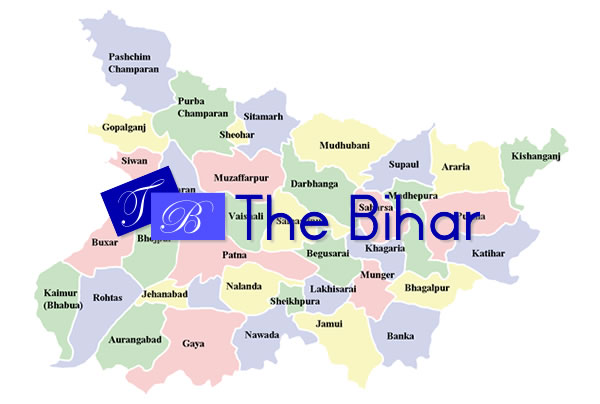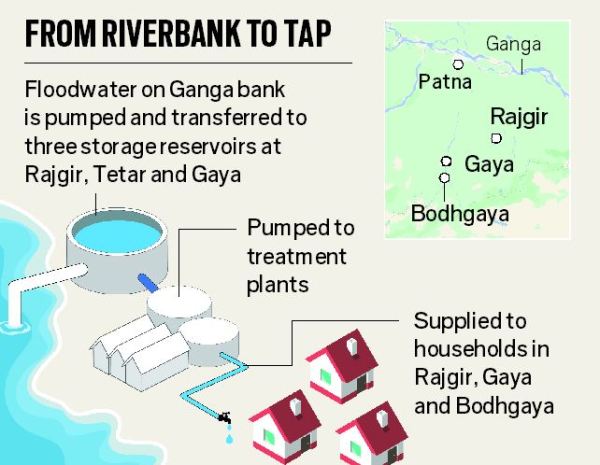Campaign preaches to Muslims: Beat Modi by voting tactically
4 min readVoters get online, on-ground advice on candidates best placed to beat BJP-NDA rivals in every constituency
The “NOMOre” campaign, launched by social organisations and eminent individuals, is evidence both on the ground and on social media that Muslims are voting tactically across India to ensure the defeat of Bharatiya Janata Party (BJP) candidates. The “NOMOre wasted votes campaign to consolidate anti-National Democratic Alliance and anti-Bharatiya Janata Party votes” was started days before the first phase of the Lok Sabha elections began on April 7.
The campaign, aimed at consolidating the “secular vote”, has released recommendations for each seat a couple of days before voting. “The recommendation is reached in consultation with social organisations, activists and community leaders working on the ground,” an activist involved with the campaign said.
The campaign, according to a report in the weekly newspaper Milli Gazette, claims to be a “non-funded, non-party affiliated platform that aims to challenge the lies and hatred that Narendra Modi presents”. Apart from Milli Gazette, several social organisations and individuals across party lines are supporting the effort.
The campaign claims not to support any party in particular. There have been instances since voting started that the campaign has not specified the non-BJP/NDA candidate that people should vote for. “The campaign material is released online but also taken to the ground through youth leaders, social activists, community leaders, etc,” said the activist. In constituencies such as Shillong and Outer Manipur, the campaign asked people to vote for any candidate of their choice as it did not view the NDA candidates as serious contenders.
“It would be wrong to term this as an anti-communal campaign. We are against the threat of fascism that Modi poses,” an Uttar Pradesh-based Muslim community leader said. The leader, who did not wish to be identified, said the campaign considered both the Samajwadi Party and the Congress as “soft communal parties”. “The reason we are advocating support to candidates from these parties is that we perceive fascism as a greater threat,” he said.
The campaign has been critical of those “Muslim-looking leaders” who have appealed to Muslims to come out of the so-called vote-bank era and vote for Modi. It has termed such propaganda “misleading” and asked voters to be aware of the difference between “Hinduism and Hindutva”. As part of this, the campaign has questioned claims that Muslims in Gujarat have become prosperous and pointed out instances such as that of the BJP’s opposition to the Sachar Committee report as evidence that the party does not have the interests of minorities at heart.
But the recommendations have not always worked. There have been times where the campaign has had to withdraw its recommendation hours before the vote, like in Delhi’s Chandni Chowk constituency. The campaign first recommended the secular vote should go to the Aam Aadmi Party (AAP)’s Ashutosh. “But the feedback from the ground was that Ashutosh was out of the race. We then asked voters to vote for whichever secular candidate they liked,” the youth activist said.
The campaign in its pamphlets as well as messages on social media has been identifying candidates by name and political parties by election symbols. It asked voters in Assam to vote for the “panja” or the hand symbol of the Congress. In Bihar, it asked voters to go for the “laltain” or lantern, which is the Rashtriya Janata Dal (RJD) symbol, in some seats, for the “panja” in some others and rarely the “teer” or the Janata Dal (United)’s arrow symbol.
It supported the AAP’s “jhaadu” (broom symbol) in Chandigarh. The campaign believes the RJD-Congress alliance poses a more effective threat than the JD(U) to the BJP-LJP alliance in Bihar.
In Western Uttar Pradesh, the campaign supported “haathi”, the Bahujan Samaj Party (BSP)’s elephant symbol. “Our assessment is that the BSP’s Jatav votes did not switch to the BJP. The Muslim and Jatav combination, along with a substantial number of Brahmins, could surprise the BJP in that belt,” the activist said. BJP general secretary Amit Shah, in his now infamous “revenge” speech in Shamli and Bijnore earlier this month, had appealed to non-Jatav Dalits to vote for the BJP as the BSP had betrayed them by fielding mostly Jatavs and as many as 19 Muslim candidates.
In Baghpat, the campaign asked voters to support the handpump symbol of the Ajit Singh-ledRashtriya Lok Dal (RLD). The feedback from Western Uttar Pradesh, according to people involved in the campaign, was that the “cycle” (the Samajwadi Party) was not doing well in the region. It recommended voting for the “cycle” in Aligarh but withdrew that call and changed it to BSP a day before the polls on April 10. But the campaign does plan to appeal to voters to cast their votes in favour of more SP candidates in central and eastern Uttar Pradesh. The call to Delhi voters to support the AAP boomeranged, insiders say. They say the ground reality in many of Delhi’s seven seats was that Congress candidates were ahead but the Muslim vote got divided between the AAP and the Congress.
“That has helped the BJP. We expect a BJP sweep, barring a seat or two,” a youth activist said. People working with the campaign claim the feedback was bleak from western Uttar Pradesh, with the BJP in the lead. But the results for the party are unlikely to be as good in the rest of Uttar Pradesh and in Bihar as being forecast by opinion polls, they say.
Courtesy: Business Standard


